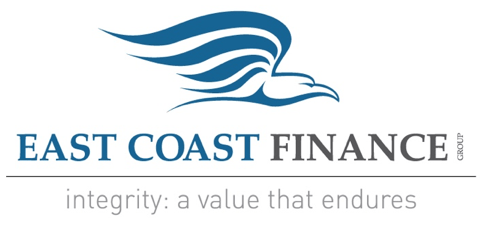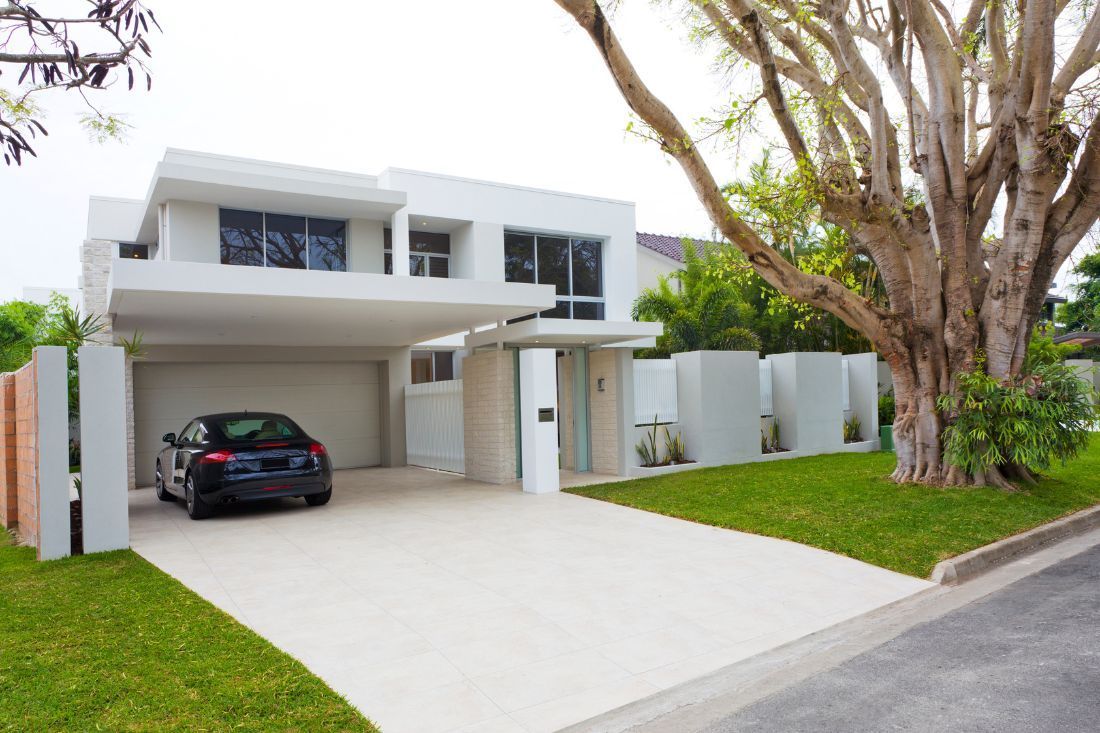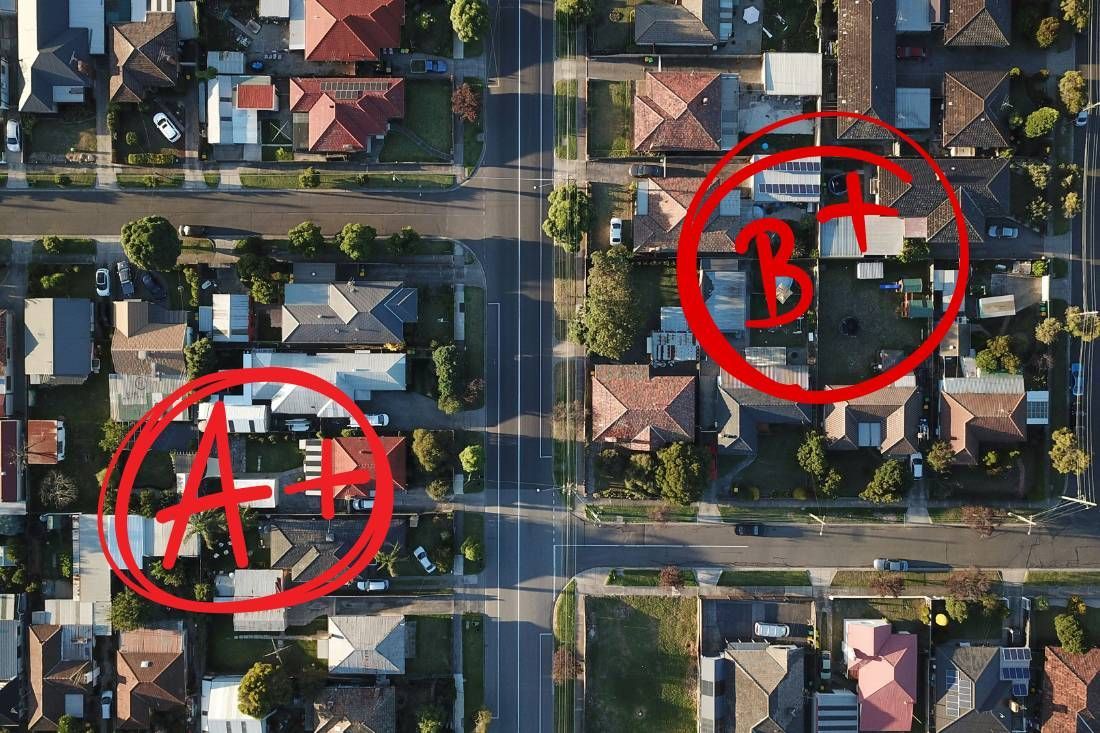Newly built homes notch up strongest sales in 3 years
Ever thought of buying or building your own new place?

There’s a lot to love about buying a brand new home, and sales of recently constructed homes have increased 19% over the last quarter. We look at the pros and cons of buying a new home – and the financial incentives available to new home buyers.
Fresh paint, spotless floor coverings and shiny new appliances. It’s easy to see the appeal of newly-built homes.
And it turns out a growing number of Australians are choosing new homes.
The Housing Industry Association says sales of new detached homes rose 18.8% in the three months to June 2025 compared to the previous quarter.
It’s the strongest new home sales in almost three years.
Despite new homes having loads of appeal, they can come with downsides.
Here’s what to weigh up.
The pluses of buying a newly built home
The word ‘new’ says it all.
As a new home buyer, everything in your property is squeaky clean – no outdated appliances, no dodgy décor – just a shiny new home built with modern lifestyles in mind.
That’s not the only upside.
A new home can offer other advantages:
– Energy efficiency: new homes must be built to a high standard of energy efficiency. It can make a new home more comfortable, and provide savings on utility bills.
– Lower repair/maintenance costs: buy a new home, and you can be fairly confident that repair and maintenance bills aren’t going to burn a hole in your wallet – in the early years at least. If repairs are required, the cost may be covered by the builder’s warranty.
– Opportunities to customise: if you build a new home, you may have the opportunity to alter the layout, fittings, finishes and colour palette to suit your personal preferences. It can cost a lot less to make these changes during construction compared to renovating an older home to your taste.
– High depreciation for investors: if you’re buying as an investor, a newly-built home can offer depreciation benefits, which could translate to tax savings.
Possible drawbacks of new homes
Property is usually a major purchase in your life. So it’s important to look beyond the appeal of a newly-minted home to decide if it’s right for you.
Points to weigh up include:
– The possibility of an outer suburban location: unless you decide to build on an in-fill site in an established suburb, newly built homes are most often found in outer suburbs.
This sort of location won’t suit everyone.
But if you can push past the growing pains of a new suburb (such as less established infrastructure), a freshly-built home may be more affordable than an established home in an inner suburb.
– You may have a stressful wait: with an older home, you can usually move straight in after settlement. Buying a new home can mean waiting for construction to be completed and signed off by council.
Anyone who’s watched Grand Designs can tell you the process can be extremely stressful, with building costs and timeline blowouts commonplace. You may also face delays and disputes when it comes to getting the builder to fix any defects.
All this can mean paying rent longer than expected – or living in a tiny trailer onsite, as so often happens on Grand Designs.
Government incentives for buying a new home
Buyers of new homes may benefit from savings on stamp duty and government incentives.
– First Home Owner Grant: this changes from state to state, so do your research here. But it is typically only available if you buy/build a new home (or in some states, a substantially renovated home).
– Stamp duty incentives: stamp duty is usually based on the value of a property at the time of purchase. This being the case, buying land first and building later can mean savings on stamp duty.
As home prices push higher, most Australian states including New South Wales, Victoria, Tasmania, Queensland and Western Australia, have made stamp duty concessions available to first home buyers, no matter whether you buy a new or established home.
First home buyers in South Australia still need to buy/build a new home to be eligible for stamp duty savings.
We can help explain your home loan options
Finding a loan that matches your needs depends on whether you are buying land to build on later, opting for a house and land package, or purchasing a newly constructed home.
Get in touch with us today to discuss your plans and we can run you through some funding options that could help you enjoy the benefits of owning a brand new home.
Disclaimer: The content of this article is general in nature and is presented for informative purposes. It is not intended to constitute tax or financial advice, whether general or personal nor is it intended to imply any recommendation or opinion about a financial product. It does not take into consideration your personal situation and may not be relevant to your circumstances. Before taking any action, consider your own particular circumstances and seek professional advice. This content is protected by copyright laws and various other intellectual property laws. It is not to be modified, reproduced or republished without prior written consent.














